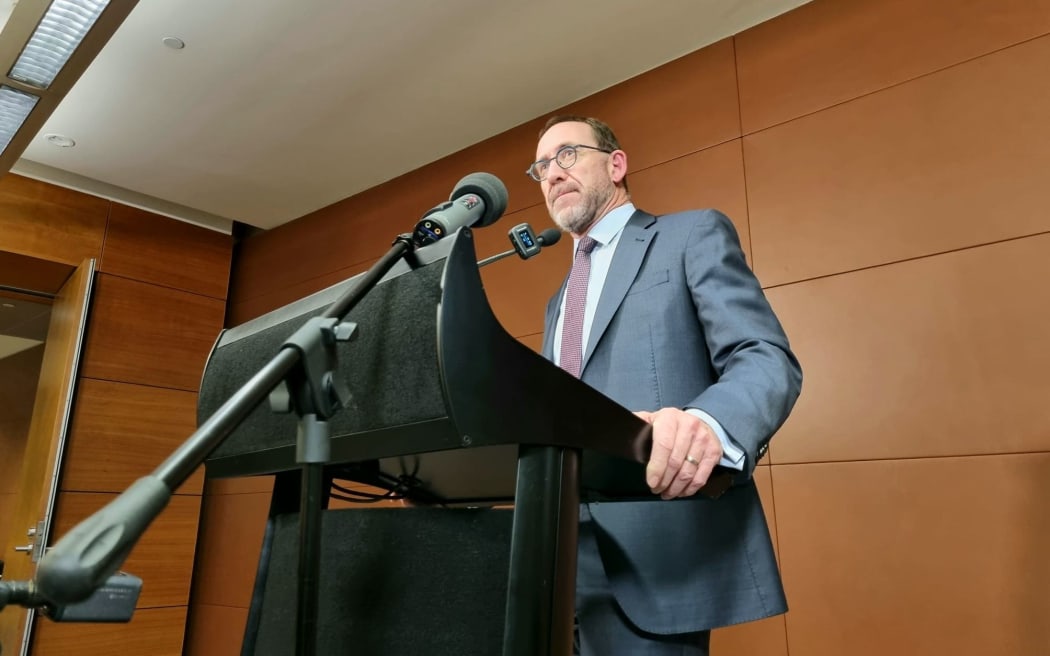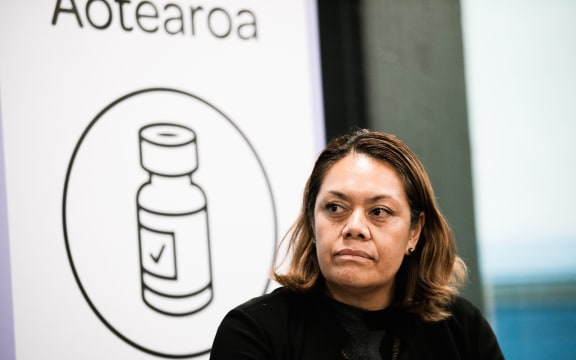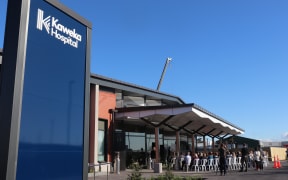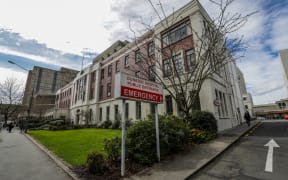The government is being warned against relying too heavily on migrant doctors and nurses to fill chronic staff shortages in Aotearoa's health system.

Photo: 123rf
Health Minister Andrew Little yesterday unveiled a $14 million package of measures to try to attract people to the sector, including financial incentives and in an unusual twist, a recruitment campaign involving the television soap Shortland Street.
While health professionals welcomed efforts to plug gaps in the system, they cautioned that overseas doctors and nurses were not a panacea for depleted doctors' clinics and hospitals.
The government will cover payments of up to $10,000 to help migrant nurses register in New Zealand and introduce a six-month bridging programme for doctors, including paying their salaries for induction courses and internships.
Labour will also establish a "one-stop shop" international recruitment service.
New Zealand Nurses Organisation president Anne Daniels said free training for student nurses and paid work placements would better address workforce shortages long-term.
"Why wouldn't we actually grow our own when we've got so many people, so many young ones who would find nursing an exciting career choice?" she said.
Daniels was disappointed nurses were still excluded from the fast-tracked Tier 1 immigration Green List, which means they must work for two years before they are eligible for residency.
"It's just yet another barrier to nurses coming into the country," she said.

Health Minister Andrew Little announced measures including payments of up to $10,000 to help migrant nurses register in New Zealand and a six-month bridging programme for doctors, including paying their salaries for induction courses and internships. Photo: RNZ / Craig McCulloch
Labour will also establish a "one-stop shop" international recruitment service.
The government will cover the costs of former nurses who want to re-register and double the number of nurse practitioners trained each year from 50 to 100 by 2024.
GP training would increase from 200 to 300 a year under the plan, including more Māori and Pacific doctors.
Royal New Zealand College of GPs president Dr Samantha Murton said New Zealand-trained doctors and nurses were vital in the midst of global workforce shortages.
"We can make it easier for people and New Zealand is a great place to live, but we also need to make sure that we are growing our own," she said.
"We can get people from overseas, but we need people to reflect who we are as well."
Pasifika GP Network chair Dr Api Talemaitoga said secondary school students should be encouraged to pursue medicine and allied health jobs.
"We need to fill the funnel from the top," he said.
"We need to go right back to high schools, secondary schools, make science sexy for our Māori and Pacific students so they have those options when they are considering going to university."
Otago University Associate Professor Garry Nixon said careers in health should also be promoted among rural teenagers.
"You've got to start to think about encouraging rural kids to undertake health professional training and then you've got to encourage them through their training to maintain that interest in rural careers," he said.
Young people will be the target of a social media push to attract people to nursing, while Shortland Street will integrate the campaign into the show's storyline in the next month.
Producer Oliver Driver said the soap stars would help promote nursing as a career by featuring in a recruitment drive of their own, attracting a character back to fictional Ferndale.
"For us it generated this whole story that we wouldn't have thought of without it, and conveniently get to train up a character that we'd really like to be a nurse," he said.
"In two months' time they can come back as a fully-trained nurse, because in Ferndale it only takes you two months."
While Anne Daniels conceded the strategy might work, she said Shortland Street did not reflect the realities of daily nursing.
"I would caution anybody who thinks nursing on Shortland Street actually reflects the truth and the realities of what we have to manage every day," she said.
Making NZ more attractive

Health New Zealand chief executive Margie Apa. Photo: RNZ / Samuel Rillstone
Health New Zealand chief executive Margie Apa said the scheme would make an immediate difference.
"We want to be more intentional [to] encourage people to move to more vulnerable areas like rural areas," she told Morning Report.
"We do note though, that there are some regions in the country [that] are pretty good at attracting people from overseas, like Hawke's Bay [that] offer a lifestyle choice."
She said more doctors and nurses needed to be trained in New Zealand.
Apa would not say if NZ could keep with wages in a globally tight labour market.
"Wages and [working] conditions are one of a range of things that people would factor into making decisions to move to New Zealand lifestyle.
"We have some very special services that are interesting for people looking to progress careers in those areas, but also ... there are lot lots of parts of New Zealand both rural and urban and in our regions that do offer people both a lifestyle balance and experience as well as work that we want to pitch."





